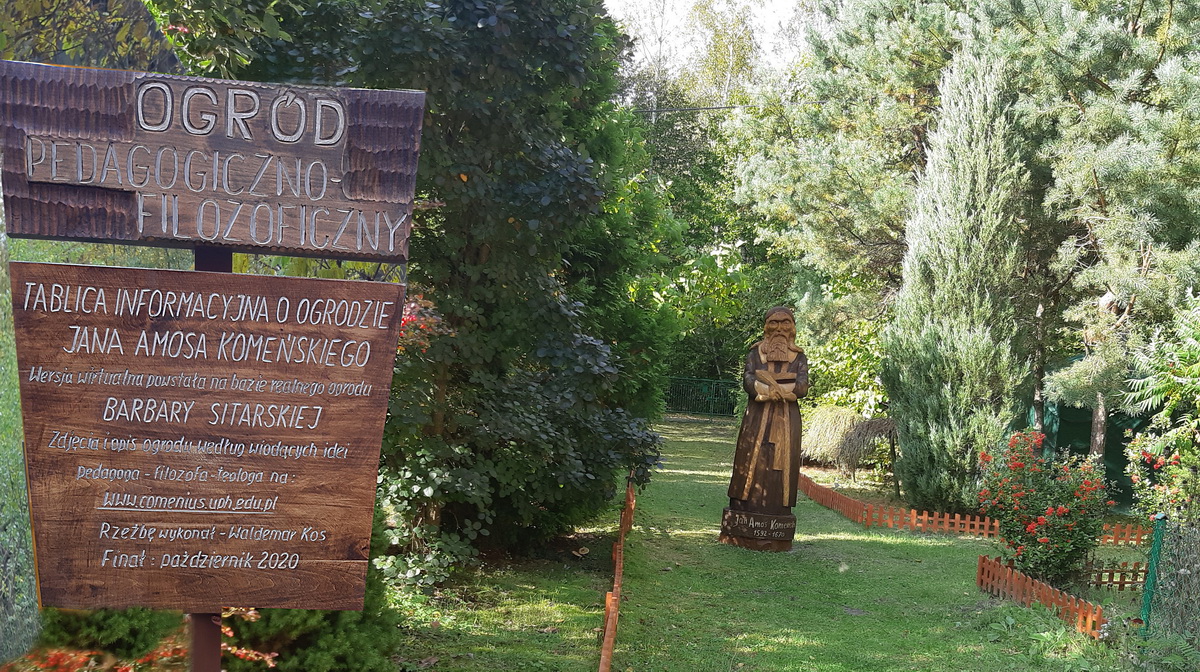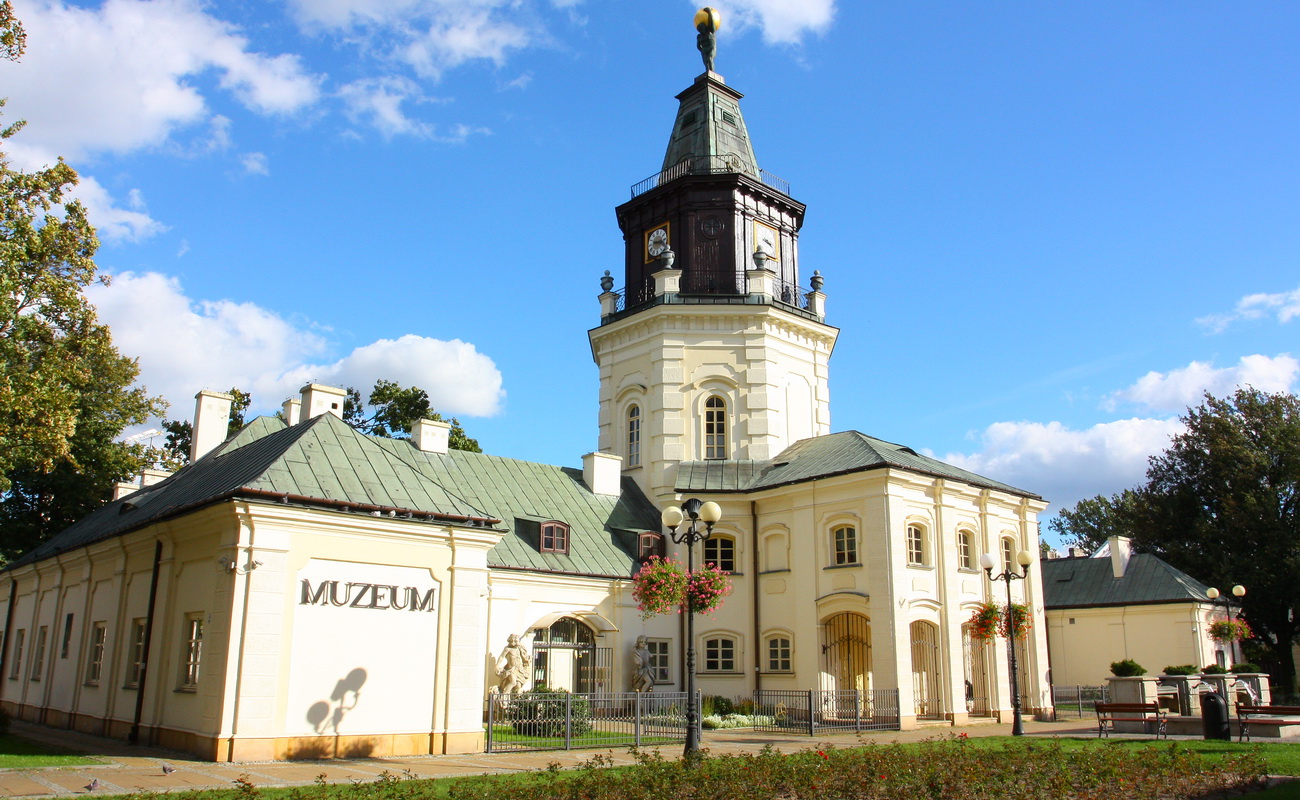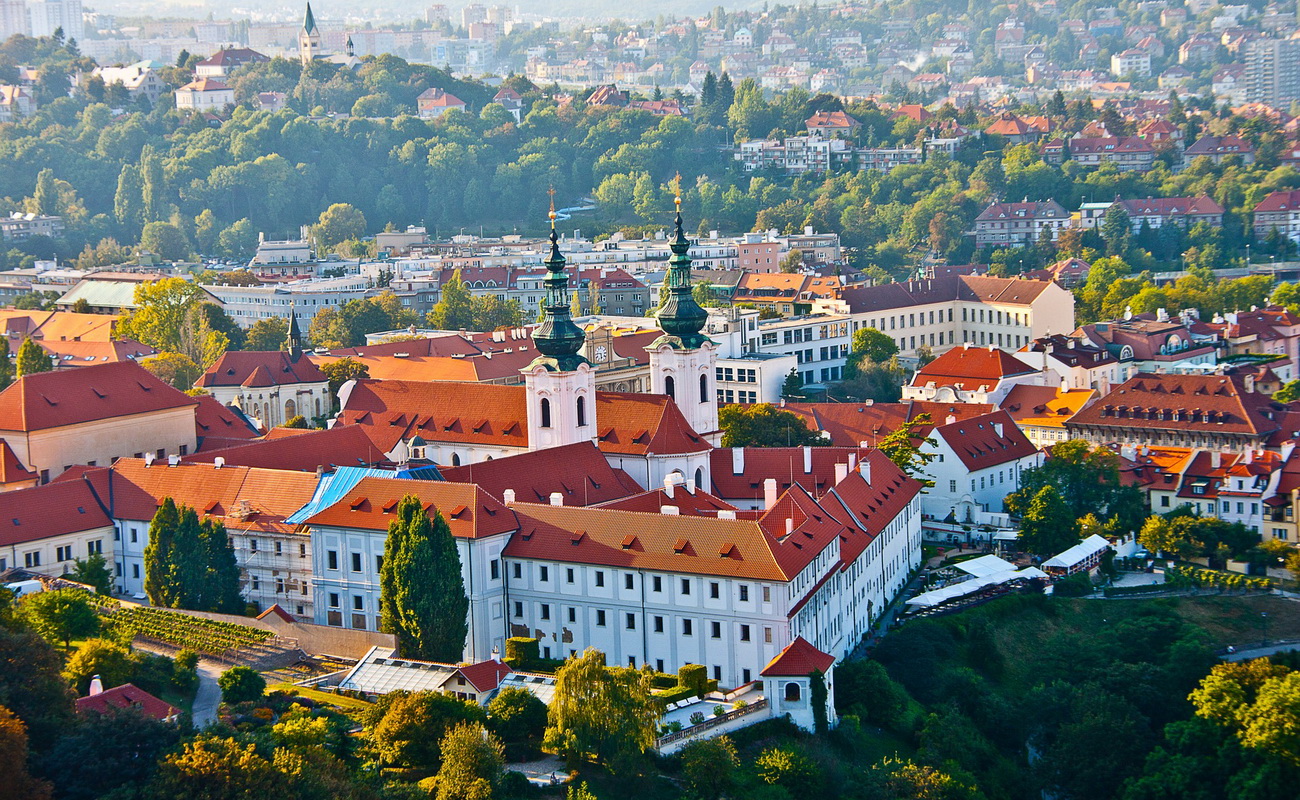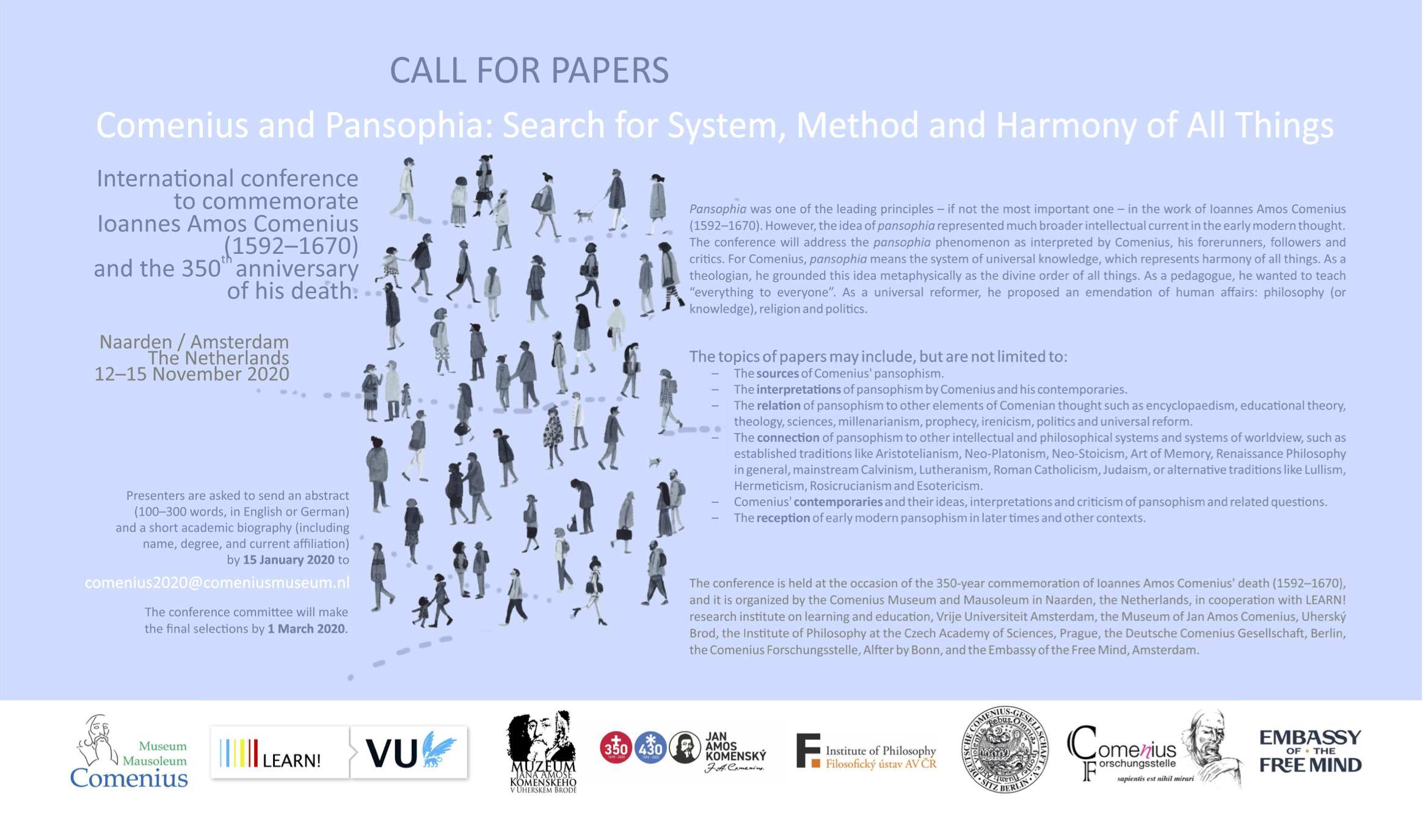
Please accept our sincere thanks and acknowledgements for preparing your papers for volume 7 (VII, 2020). It was devoted to JOHN AMOS COMENIUS’ PANSOPHISM IN INTERPRETATIONS AND REINTERPRETATIONS BY POLISH AND EUROPEAN COMENIOLOGISTS.
The present volume has been published in two versions: traditional (ISSN: 2450 - 7245) and electronic (E-ISSN: 2658-1973) on the modern platform ICI Publishers Panel, and from this year on, all the papers published in the subsequent volumes (2014-2020) can also be found on the platform of the UNIVERSITY JOURNALS of the UNIVERSITY OF NATURAL SCIENCES AND HUMANITIES IN SIEDLCE at https://czasopisma.uph.edu.pl/index.php/szk/issue/current.
I wish to thank you for your good and effective cooperation, and at the same time I would like to invite you to have your texts published in volume eight of our journal entitled “FROM JOHN AMOS COMENIUS’ TIMES UP TO THE PRESENT – THE SIGNIFICANCE OF THE GREAT EDUCATIONIST’S IDEAS FOR THE DEVELOPMENT OF SCIENCE AND EDUCATION” (2021).
Please submit your papers till the end of June to the editorial secretary Renata Matysiuk, PhD (This email address is being protected from spambots. You need JavaScript enabled to view it.). They will be checked with regard to the formal requirements. Only after that, they can be placed in the system for the editors’ introductory substantive evaluation, followed by evaluation by two independent reviewers.
New authors are welcome as well. The editorial instructions and all the necessary information is available at the website of “Siedlce Comeniological Research Bulletin, PEDAGOGY series”.
Yours faithfully
Barbara Sitarska
Editor-in-chief of “Siedlce Comeniological Research Bulletin, PEDAGOGY series”


Dear Sir/Madam,
I would like to invite you to submit your texts to be published in Volume 7 of our magazine. It will be entitled JOHN AMOS COMENIUS’ PANSOPHIA IN INTERPRETATIONS AND REINTERPRETATIONS BY POLISH AND EUROPEAN COMENIOLOGISTS (2020). After the “journey” Towards comeniology as a science, which enabled us to find many new leads for comeniological research, which inspire us for further research and interpretation, we are approaching pansophia, John Amos Comenius’ philosophy, which all of his writings are imbued with. Despite this fact, pansophia is still an abstract research branch for us, the contemporary dealing with John Amos Comenius’ life and output. It seems that only nowadays, in the 21st century, this idea based upon the message “to teach… everyone… everything about everything.. with all the senses… “ is coming true, mainly thanks to the modern media and their common availability. Comenius kept searching for the harmony of all things. Did he find it?
The subject matter of the volume is correspondent with the 350th anniversary of John Amos Comenius’ death celebrated in Poland, Europe and all over the world. Days of Comenius’ commemoration, conferences and seminars are taking place. The celebrations are certain to enrich the knowledge with new elements and deepen the interpretation of his ideas, including - or maybe first of all – of PANSOPHIA. However, to a large extent it depends on comeniological centres’ good cooperation. Will it be successful in the jubilee years?
Volume 7 of “Siedlce Comeniological Research Bulletin, PEDAGOGY series” is the second year’s accomplishment of the Ministry project Support for scientific magazines. For the first time, the whole process of text submission will take place online on the platform ICI Publishers Panel (see the file “Instructions of how to post an article on the platform ICI Publishers Panel”).
Barbara Sitarska
editor-in-chief

Dear Authors,
Please accept our sincere thanks and acknowledgements for preparing articles for the volume. It was devoted to the international discussion of comeniology as a science. Its subject matter was the most difficult - so far – and had emerged naturally from the subject matters of the previous volumes, mainly volume four, describing the Polish and European perceptions of John Amos Comenius, and volume five, about the critical interpretation of this controversial figure and his rich output in the CONTEMPORARY period. It could be stated that between 2014 and 2019 we created a unique system of knowledge about John Amos Comenius, his life and writings, and we started an international discussion of comeniology as a science. The publication is interdisciplinary and multilingual.
We present information about comeniological conferences in Europe in the jubilee years of John Amos Comenius (2020-2022):
